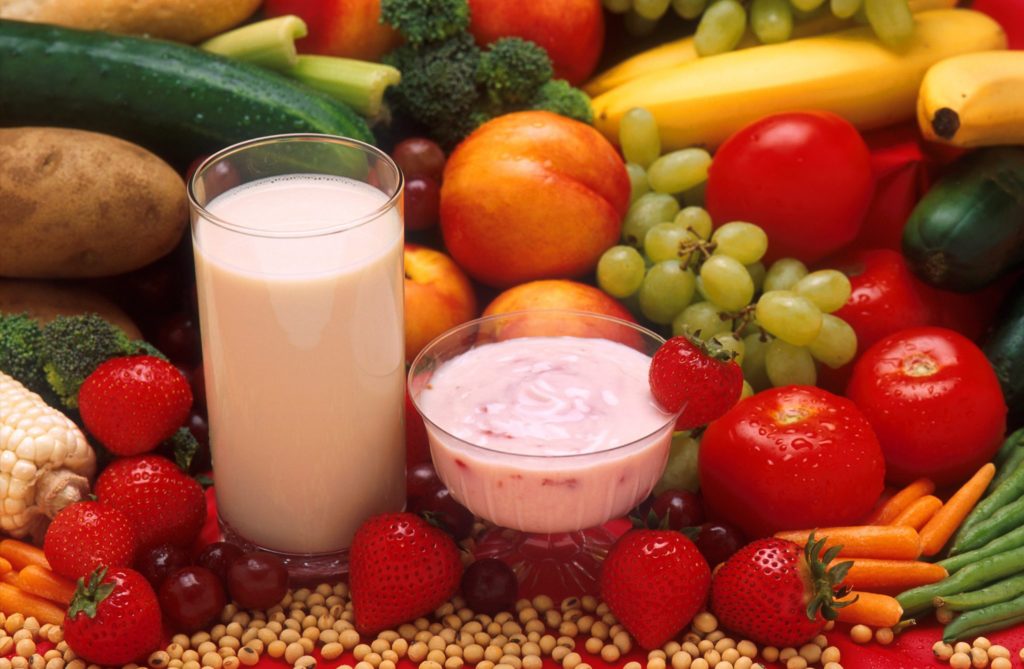 Here’s our best guidelines for a healthy diet.
Here’s our best guidelines for a healthy diet.
Kindly read and share with your peers.
Eat a wide variety of different foods
No food needs to be totally excluded from your diet – except occasionally for special medical reasons.
Try to eat foods from each of the four main groups (starchy foods, dairy products, meat and fish, fruit and vegetables) each day and vary these over the week.
If you don’t eat meat and/or fish, pay particular attention to finding sensible alternatives.
Eat the right amount to be a healthy weight
Try to fill up on low fat foods or those with less calories, like starchy foods, fruit or vegetables.
Eat plenty of fruit and vegetables
Try to consume at least five portions of fruits and vegetables per day.
Potatoes are a useful source of several essential nutrients but don’t count them as one of your vegetable servings.
Pile your plate with colour; the fruits and vegetables with coloured flesh appear to be important in the protective quality of these foods.
Eat plenty of foods rich in starch and fibre
Try to base most of your meals around foods that are rich in starch and fibre (bread, pasta, rice, breakfast cereals, potatoes, etc.).
These are versatile and usually cheap. Go continental and serve bread with every meal.
Increasing your intake of starchy foods will also lead to a reduction in your fat intake.
Try to limit fat intake
We must have some fat in our diets because they are needed to absorb fat soluble vitamins or are essential to our health.
However, too much fat in the diet, along with other factors such as smoking and lack of exercise, increases the risk of a heart attack or stroke.
In this country we eat much more fat than we need and the UK has one of the highest incidences of heart disease in the world.
Choose low fat dairy products and lean cuts of meat.
Try grilling or baking instead of frying or roasting, and don’t add fat during cooking.
If you do use a cooking fat, try one that is low in saturated fats.
Remember that fat has twice as many calories as the same weight of carbohydrate or protein.
Children under five are growing rapidly, so cutting down their fat intake too much may mean they won’t be getting enough energy.
Don’t cut down on fat for children under two. Choose fruit or bread rather than chocolate or sweets
Eating sugary foods is the main cause of tooth decay.
Sugars contain calories and no other nutrients.
Look after the vitamins and minerals in your food
Store foods properly and eat them as fresh as possible.
Overcooking vegetables and boiling them in too much water will destroy much of their nutritive value.
Try steaming, pressure cooking or microwave cooking.
If you drink, keep within sensible limits
Weekly recommended drinking levels were replaced by daily benchmarks in 1995.
The advice now is that women should drink no more than 2 – 3 units a day, and men no more than 3 – 4 units a day (1 unit is half a pint of average beer or lager, a glass of wine or a pub measure of spirits).
There is no weekly recommended level.
Make your drinks last longer by taking smaller sips or adding a mixer or mineral water.
Taste your food before adding salt
On average we eat about 13 grams (2 teaspoons) of salt a day, but we only need about 3 grams (1/2 teaspoon).
Too much salt can lead to high blood pressure.
Most of the salt is added during food manufacturing, so choose unsalted foods and don’t add salt during cooking.
Based on information from the Health Education Authority (HEA) and the World Health Organisation (WHO) Reproduced by courtesy of the Institute of Food Research



